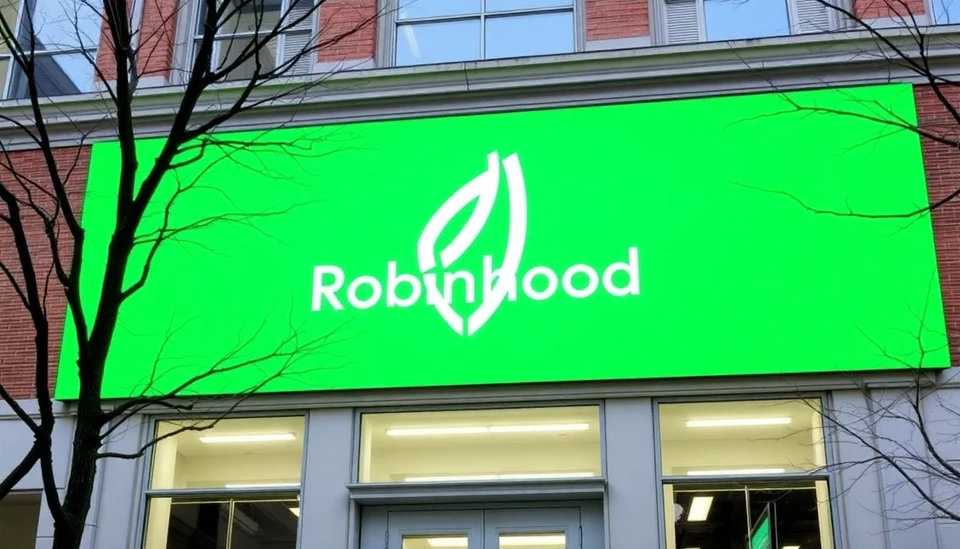
In a significant pivot from its initial reputation as a platform primarily for trading meme stocks, Robinhood is now aiming to establish itself as a comprehensive banking solution. The company has announced ambitious plans to expand its financial product offerings, venturing into areas traditionally dominated by conventional banks.
Once celebrated for democratizing stock trading and drawing in millennials with their straightforward approach, Robinhood has experienced a notable shift in focus. With the trading app's popularity peaked during the meme stock phenomenon—culminating in notable instances like the GameStop saga—the need for long-term sustainability has prompted a reevaluation of its core services. The platform is now poised to roll out features aimed at creating a holistic banking environment for its users.
In its upcoming initiatives, Robinhood plans to introduce high-yield cash management accounts, a feature that promises to attract customers with competitive interest rates, allowing users to manage their savings effectively while still engaging in investment activities. Additionally, the company is looking to develop personal loans and student loan refinancing options to cater to a broader demographic, which may wish to manage multiple facets of their financial lives within a singular application.
As part of this transformation, Robinhood's leadership emphasizes a commitment to providing a user-friendly interface combined with robust financial tools. This approach is expected to engage existing users while attracting potential customers who prioritize financial agility over speculative trading. Maintaining a dual focus on engaged investment strategies alongside broader financial needs could potentially position Robinhood as a notable player in the fintech space.
The shift also aligns with a growing trend among fintech companies, which strive to integrate banking services with investment products to create an all-in-one platform. By doing so, Robinhood is looking to reduce the friction often experienced when users need to juggle multiple financial service providers.
However, this expansion raises questions regarding regulatory compliance and consumer protection, particularly as Robinhood ventures further into the financial services sector. The company has faced scrutiny in the past over some of its trading practices and user experience, an issue that could surface again as it navigates the complexities of offering banking services.
In conclusion, the strategic pivot towards becoming a banking entity represents a crucial next step for Robinhood in its ongoing evolution. By enhancing its product suite and creating an environment where users can manage their finances holistically, Robinhood hopes to capture a significant share of the burgeoning fintech market while continuing to uphold the values of accessibility that initially defined the platform.
As Robinhood forges ahead, financial industry observers are keen to see how these developments will influence user adoption and whether the company can successfully transition from a trading app known for meme stocks to a trusted bank-like service.
#Robinhood #Fintech #Banking #Investing #MemeStocks #CashManagement #PersonalLoans #StudentLoans #FinancialServices #InvestSmart
Author: John Harris




